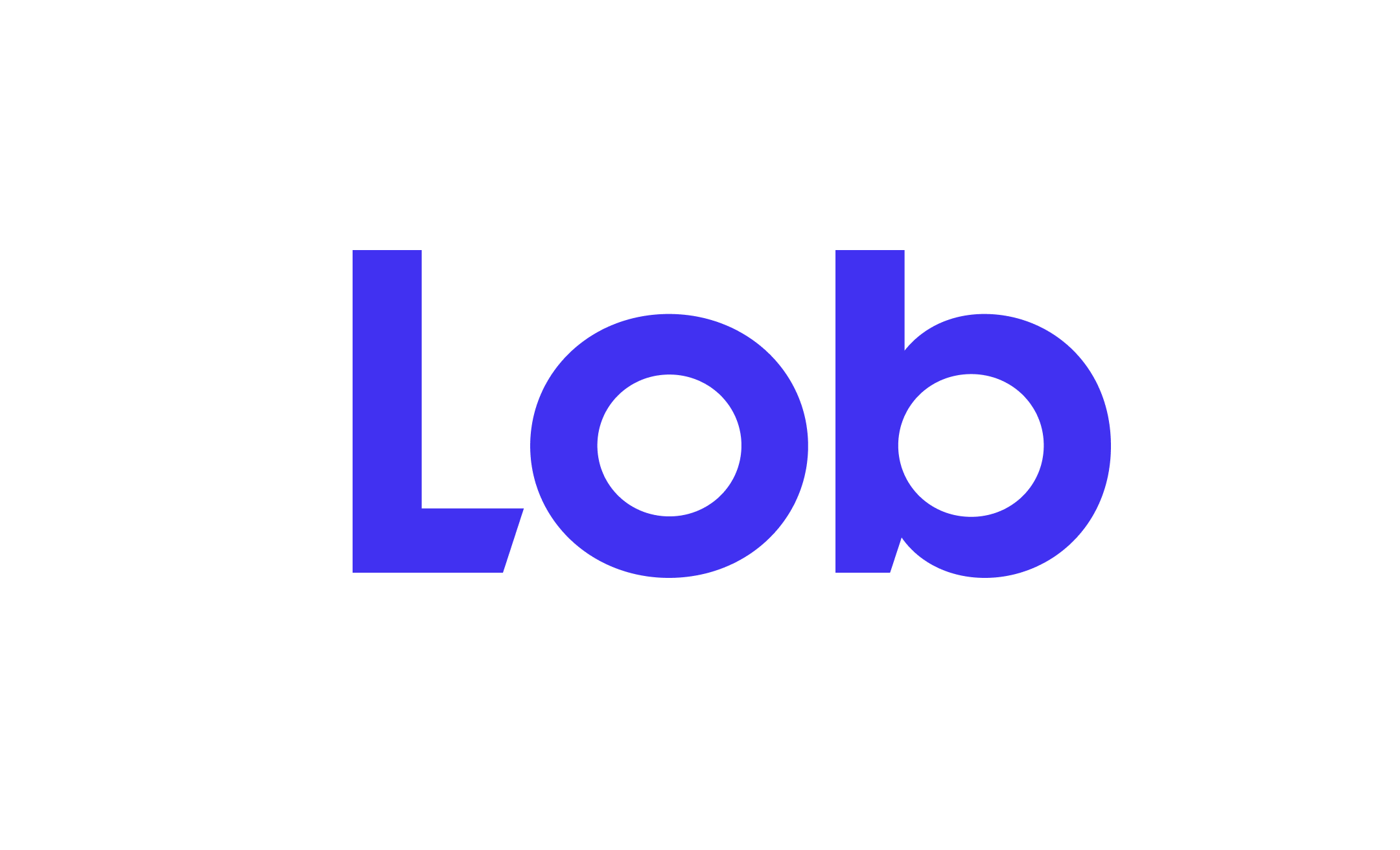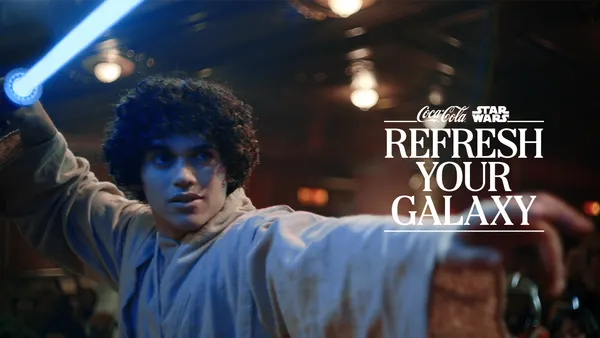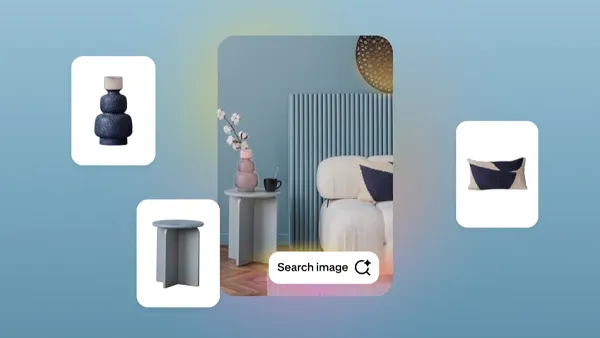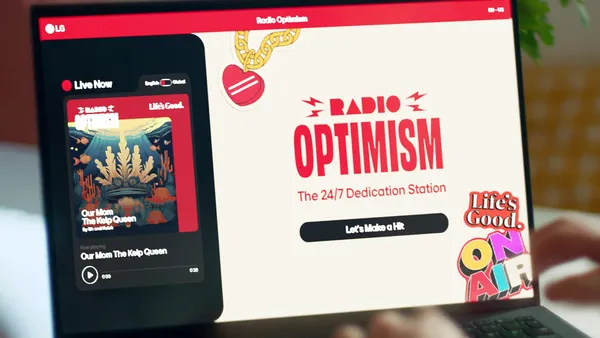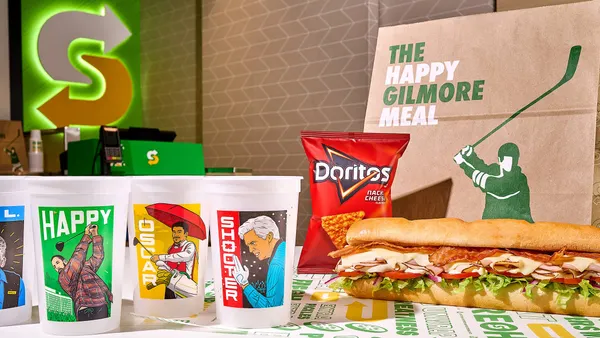Brief:
- L'Oréal Paris now offers virtual makeup try-ons on its website without the need for a separate app download. The augmented reality (AR) feature that overlays digital makeup samples on a viewer's face works with a live camera shot from a smartphone or with an uploaded selfie, according to a press release.
- The "Try On" tool lets consumers test out more than 300 samples of the brand's blush, eyeshadow, eyeliner, lipstick, lip liner and semi-permanent hair colors on the www.lorealparisusa.com website. Modiface, which L'Oréal acquired this year, provides the facial recognition and AR technology to power the try-on feature.
- Meanwhile, L'Oréal Active Cosmetics announced it would perform more comprehensive background checks on social influencers before partnering with them on Instagram, where the brand spends 90% of its influencer marketing budget. The three-step vetting process aims to weed out influencers with fake followers, clumsy product placements or objectionable content, per The Drum.
Insight:
L'Oréal's web-based try-ons are one of the first indications that the cosmetics giant is expanding the use of AR technology developed by startup Modiface after acquiring the company in March. The new try-ons are notable for being available on the L'Oréal website, thus not requiring mobile users download a separate app. The web-based solution gives L'Oréal more flexibility to add new product samples without the need for subsequent app updates, and opens up the potential audience to a wider group of consumers whose phone memory and connectivity may be limited, or when users simply don't want to download another app to virtually sample makeup. That is especially important in developing markets where cellular coverage is spotty.
L'Oréal's stricter screening of social influencers comes as brands grow warier of possible fraudulent activity, as Unilever CMO Keith Weed highlighted in June at Cannes Lions. He said marketers need to remove misleading engagement data, be more aware of dishonest practices and demand greater transparency from social media platforms. L'Oréal and other beauty brands increasingly rely on digital campaigns to reach beauty customers who have shifted their media consumption to mobile platforms, where they also can see product demonstrations from influencers they trust and test things for themselves.
L'Oréal also is working to keep up with a rapid shift to mobile and e-commerce in key growth markets like China. CEO Jean-Paul Agon last year said the company had added more than 1,700 staff to work on digital development. The company also partnered with French entrepreneur Xavier Niel to create a tech incubator for startups specializing in the beauty industry.
This isn't L'Oreal's first experience with integrating AR into the marketing mix. The beauty company's NYX Professional Makeup line partnered with Facebook in August to let the social media giant's users virtually sample makeup through AR and the Facebook camera — and NYX is reportedly the first to showcase its products on the social giant's camera.






